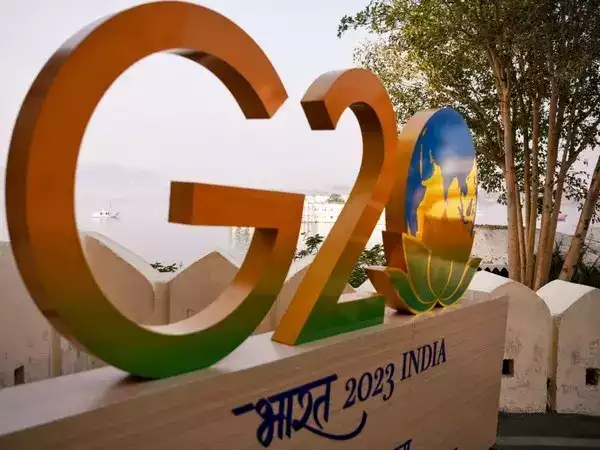G20 Health Ministers Unite for Resilient and Equitable Access to Affordable Medicines in Developing Nations
During the G20 Health Ministers meeting, a consensus emerged to establish stronger, more inclusive health systems that provide fair access to safe, quality, and affordable vaccines, therapeutics, diagnostics, and medical countermeasures, particularly in low and middle-income countries and small island developing states. The outcome document, consisting of 25 paragraphs, received unanimous approval from all G20 delegations, except for paragraph 22, which focused on the geopolitical situation in Ukraine. According to the released outcome document after the meeting in Gandhinagar on August 19, there was agreement on creating a research and development network for vaccines, therapeutics, and diagnostics. Additionally, plans were made to establish a platform for readily accessible open-source and interoperable digital solutions. Health ministers also expressed optimism about the ongoing negotiations within the intergovernmental negotiating body (INB) for a legally binding WHO convention or international instrument related to pandemic prevention and preparedness, with a target of achieving this by May 2024. They recognized the need to fortify health systems against the impacts of climate change and pledged to prioritize the development of climate-resilient health systems. This includes creating sustainable and low-carbon/low greenhouse gas (GHG) emission healthcare systems and supply chains that offer high-quality care and mobilizing resources for resilient, low-carbon health systems. The G20 member countries committed to addressing antimicrobial resistance (AMR) comprehensively through a One Health approach. This entails strengthening governance, coordination, research and development, infection prevention and control, and improving awareness of AMR. Responsible use of antimicrobials across humans, animals, and plant sectors, along with preserving existing therapeutics through antimicrobial stewardship, was also emphasized. Moreover, the G20 recognized the potential of evidence-based traditional and complementary medicine (T&CM) in public health delivery, provided that these practices are scientifically validated for safety and effectiveness. They also acknowledged the significance of digital health and the modernization of health data systems in improving healthcare accessibility and equity. The ministers recommended closer coordination among existing digital health initiatives to create a seamless digital health ecosystem, endorsing the WHO’s Global Initiative on Digital Health to implement the WHO’s Global Digital Health Strategy 2020-2025. This initiative, managed by the WHO, aims to reduce fragmentation, promote interoperable open-source digital solutions, and support countries in implementing high-quality digital health systems with a people-centric focus.

